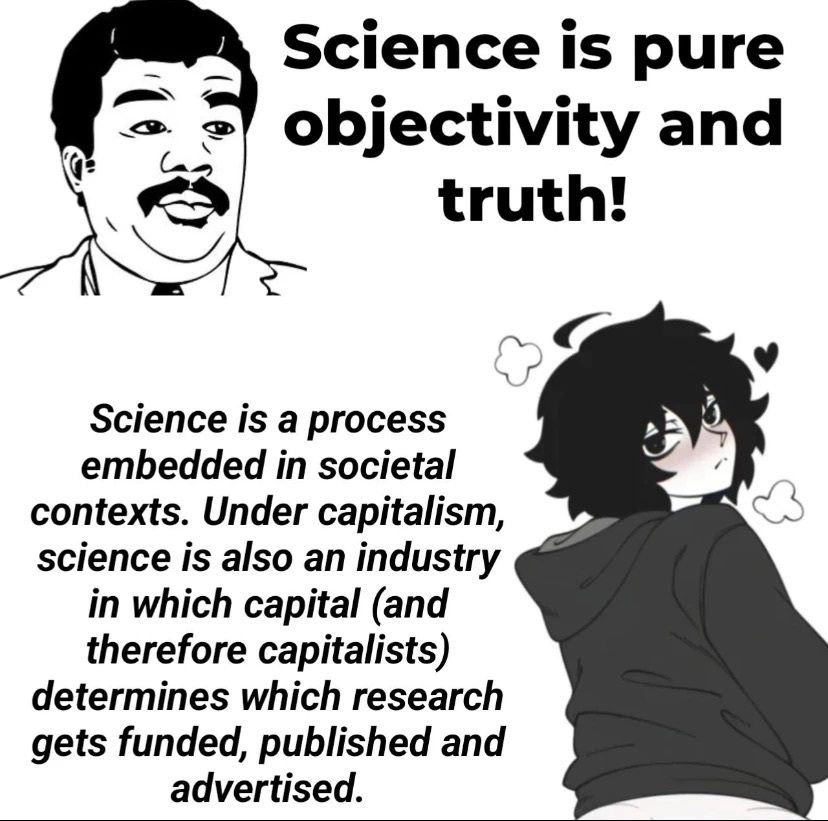Science is not valid if it is not expensive. Gravity does not exist unless Adobe gets their cut.
I wonder what those people claim they keep politics and science seperated. You know, because if you get a lab coat you’re immune
In the Register article they didn’t copied from the source that the scientists were from Egypt.
Flow3D has different academic and research licenses: https://www.flow3d.com/academic-program/
- There is a free research license available, but it’s only for 4 months. It’s short, researches can take much longer than that.
- There is a free teaching license, but it can have limitations for using the software outside education. It may be forbidden to use outside classes, so it’s possible that they had a teaching license, but they couldn’t use that for research?
- There are licenses for full departments, but it’s available for selected countries only.
It’s strange that they went after these scientists. In 2nd and 3rd word countries software privacy for work is still common. Everything is cheaper, but software prices are the same as in the US, so they pay relatively more for the same tool. I found that a normal license for Flow 3D can cost USD 100k. According to a quick search civil engineers get USD 2000 yearly in Egypt.
Usually American software companies don’t really care about piracy by individuals in these countries. The rationale is that it’s better for them if they use their software without payment instead of using a software from another vendor without payment. They go after bigger companies, at least that’s my experience.
That’s why this story is strange to me, or at least something else should be behind it.
Yup, wide use creates a lock-in effect. If your software is used by everyone, paid or otherwise, it’s the standard and you will never run out of paid users. This is why CAD companies offer free tiers and why student subscriptions are always heavily discounted.
The rationale is that it’s better for them if they use their software without payment instead of using a software from another vendor without payment.
More importantly it is better for the company if they use their software without payment instead of developing some sort of competitor (open source or proprietary).
They are users not developers. An academic or civil engineer who uses a CFD simulator usually has not enough programming knowledge develop such a complex application. The employer has not enough funds to pay for developers (see, they use a pirated software). Paying for developers is still more expensive than buying an already developed product.
Just look at the state of FOSS CAD software. There are some, but they are very-very limited compared to proprietary alternatives. Most people don’t care, they just want to get the work done. Not everyone is a programmer, even if it looks like that from our lemmy bubble.
Don’t underestimate the power of executives to make really dumb choices. My company decided we’d create our own ticketing system this year, and now my Firefox tab consumes multiple gigabytes of ram…
You are thinking too small. Even if only one of a thousand companies in one of dozens of third world nations develops an alternative that is enough.
This is the publisher punishing researchers for their own market failure.
If the software is not legally available in Egypt at a price affordable to academics, they should pirate it and publish in a journal that’s not part of this exploitative racket.

This is just the difference between science and academia.
Science is influenced by academia. Still an important distinction.
Been waiting for intellectual property reforms for so long, at this point I’d be willing to abandon IP laws entirely. It’s holding the species back.
I think once a company is of a certain size they shouldn’t be granted IP and copyright. It’s helpful to protect first to market small companies or groups. Big companies can’t just clone and churn when they see something they want. But if they already have scale advantage they shouldn’t need or get IP and copyright advantage.
Sounds fair to me!
I’m autistic, so talking about “common sense” might be funny, but - IP is technically an extension of contract law to a very abstract area. If we are being this rigid, then sovereign citizens must too have a say in politics. If we are being this rigid, then I want all Turks gone (or sworn fealty to me, LOL) from Khodorchur, Dayq province of Western Armenia. If we are being this rigid, then all governments in the world are illegal.
You get the idea.
And if we are, then why won’t we be even more rigid and ask how can one own a number? Which is ultimately any intellectual property. Piece of information is not a blockable resource.
And if we are not, then I don’t see any public value in an institution that harms people.
And there’s none, this is purely a device of power. When you realize this, and look at other such devices of power, you also realize that your society (as one that, well, imposed such IP laws on most of the world as a condition for economic interaction) is not free.
I don’t believe anyone should be able to claim ownership of any ideas or numbers. No math outlawed or controlled. When something is made physical, that’s an entirely different thing, but trying to control 1’s and 0’s is breaking us.
But then we also need to recognize that people need to be rewarded for their ideas, for the benefit of us all, and start subsidizing these. At the very least, we need to establish a basic standard of living that everyone is entitled to, so that people can dedicate themselves to developing ideas they’ll never profit from while not having to worry about being able to house or feed themselves.
You know, one wonders if all academic works should be released under “academic license”…
Might be nice to sting these big companies for our free labour.
How did they even know
Metadata maybe
After 10 minutes of google search and digging, i still cannot find the price of this Flow-3D software. (I.e: contact the distributor for pricing)
If you have to ask, you can’t afford it
It’s an okay article but the important parts are at the start and end and everything inbetween is a random unrelated anticopyright diatribe filler.
Anticopyright diatribes are the important part!
So you think all news should push a political agenda above all else, even when that means excluding important information from the original sources and actively interfereing with the publication of news about past and ongoing events?
This is just an objectively bad article regardless of political stance.





